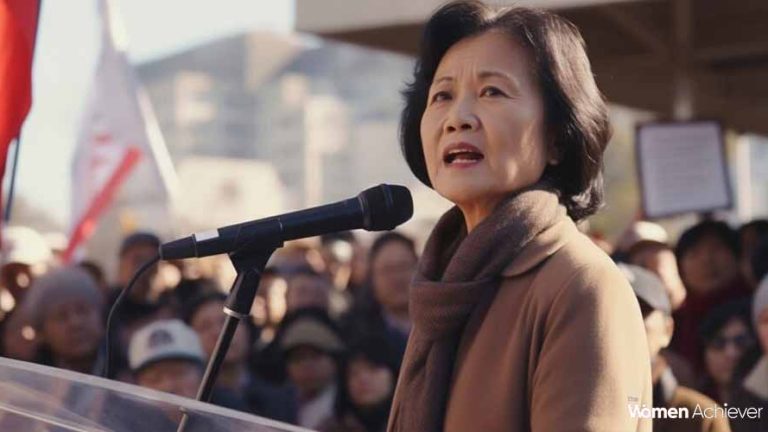Here’s Women in Japan’s Politics: How Record Wins Are Shaping Equality
Gender imbalance in politics has long been a problem in Japan, where women have historically faced many obstacles to entry and held fewer leadership posts. Nonetheless, recent record-breaking victories for female lawmakers point to a positive change in the political environment toward more gender equality. These successes challenge long-standing preconceptions about women in leadership roles and open the door for more inclusive governance.
Historical Victories in Recent Elections and the Ascent of Female Political Leaders
A record number of women were elected to municipal and national seats in Japan’s most recent elections, marking an important milestone. These triumphs, which include important legislative and gubernatorial seats, demonstrate the increasing acceptability of women in positions of leadership. Renho Murata and Yuriko Koike, two well-known female politicians, have encouraged a new generation of women to pursue careers in politics.
Increased Participation in the Formulation of Policies
Japan’s political discourse is becoming more inclusive as more women hold elected office. With an emphasis on topics like women’s rights, elder care, and childcare, female legislators are contributing a variety of viewpoints to the policy-making process. More thorough laws addressing social welfare, workplace equality, and gender-based violence have resulted from this change.
The Issues Continue to Exist
Structural and Cultural Barriers Despite these victories, structural and cultural barriers still affect Japanese women politicians. Women’s success is frequently impeded by traditional gender roles and a political environment that is dominated by men. Aspiring female leaders face additional challenges due to discrimination and a lack of family support.
Insufficient Political Mentoring
The absence of established politicians’ guidance and assistance is a major barrier for women in Japanese politics. Even while there has been some improvement, women who want to advance in politics still lack access to adequate resources and advice.
Relevance to Gender Equality
Redefining the standards for leadership recent electoral victories by women are gradually changing the definition of political leadership in Japan. It dispels the myth that politics is dominated by men and establishes new benchmarks for inclusivity and diversity. This change is essential for normalizing women in decision-making positions as well as for boosting female representation.
Promoting Political Involvement
More women are considering careers in politics as a result of record victories. Younger generations are encouraged to question conventions and seek leadership roles by the increasing prominence and impact of female politicians. Women’s mobilization and political engagement are greatly aided by grassroots movements and advocacy organizations.
Conclusion: A turning point for gender equality, the record victories of women in Japanese politics show that women are more accepted in positions of leadership. But there is still a long way to go. Japan must continue to fight for inclusive changes and address the ongoing obstacles faced by female MPs if it is to maintain these gains. By taking these actions, the country may set the stage for a time when women’s opinions will be respected and heard on an equal basis in political discourse.






Add comment